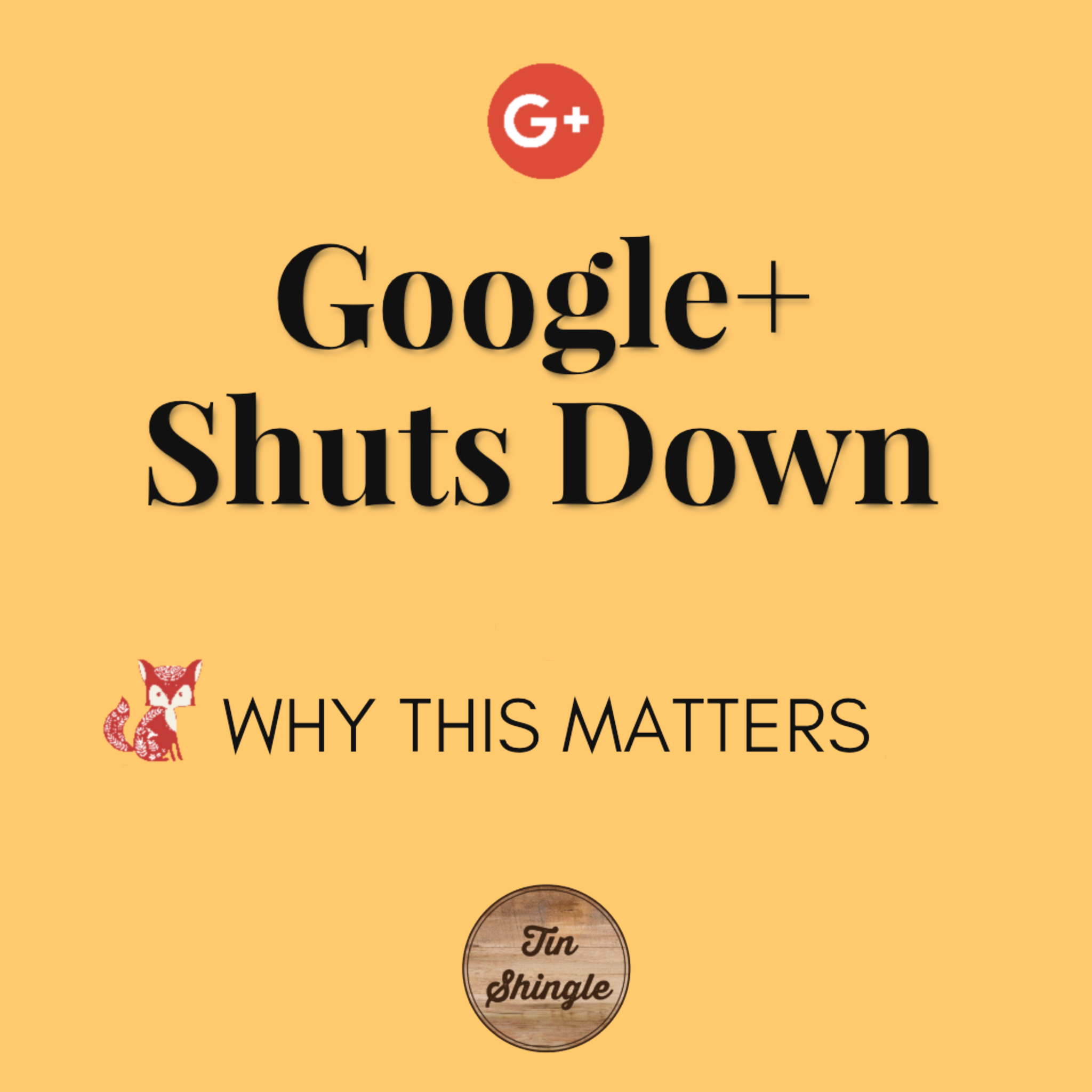Businesses are becoming more and more comfortable with posting videos on Instagram, allowing their platform to reach users globally. What you may have noticed is that now viewers are reading captions in the videos, rather than listening to them, or while listening to them. This is a huge inclusionary step for the Deaf community, who otherwise could not access all of the content in the same way.
When you’re posting videos to Instagram, it is essential that you add captions to your videos, and here’s why…
Video Captions For Accessibility
First, accessibility! Some viewers may be Deaf or Hard of Hearing, and missing out on what you are saying. Mashable reported in 2019 how Congresswoman Alexandria Ocasio-Cortez used Captions, and how Deaf activist Nyle DiMarco tweeted his appreciation.
We checked in with Licensed Clinical Psychologist Jamiee Arnoff of BFF Therapy, who specializes in teens and young adults, including those in the Deaf community, to learn her perspective on this important and inclusive move. “I'm so glad that this is being talked about and that accessibility is highlighted. In terms of how captions impact the population, it is all about inclusivity. Captions allow for Deaf and Hard of Hearing individuals to engage in the content without issue, encouraging dialogue on the topic from the entire audience. It definitely does not go unnoticed when someone includes captions in their posts, taking the extra step to ensure the information provided is accessible.”
How To Turn Video Captioning On - It’s easy!
Finding the settings to turn your Captions on is a little tricky.
THE STEPS:
Go to Settings. This is behind the 3 bars in the top right of your screen..
Click “Account”
Click “Captions” and toggle on “Auto-Generated Captions”
You’re not done yet. You will need to set the Auto-Generated Captions for each IGTV Video.
That’s right - your video needs to be an IGTV Video right now, which means you’ll need to select that type of post when you’re posting.
The IGTV VIdeo needs to be at least 1 minute long.
When you’re posting the IGTV Video, before you post, scroll down to the Advance Settings tab. Click that, and make sure the Auto-Generated Caption is clicked on.
This guy, Alec Wilcock, made a super easy video about it to show you, which we have posted below.
PS: Dr. Jaimee gave additional guidance on how to speak to and about the Deaf Community. Her points center on capitalizing the D in Deaf, as well as the term “hearing impraired” that you may be used to, but is time for retirement. Dr. Jaimee says: “The term ‘hearing impaired,’ can be replaced with "Deaf or Hard of Hearing,’ as many Deaf individuals do not view themselves as having an impairment, and there is some long-standing resentments about the negative, medical tone of the word, being that it was coined by hearing people. There is also significant cultural meaning behind using a lowercase or capital (d) when writing out the word deaf (we know it terms of the "little d" and "big D" discussion).”
Thank you, Dr. Jaimee, for helping us speak to and about a community!









